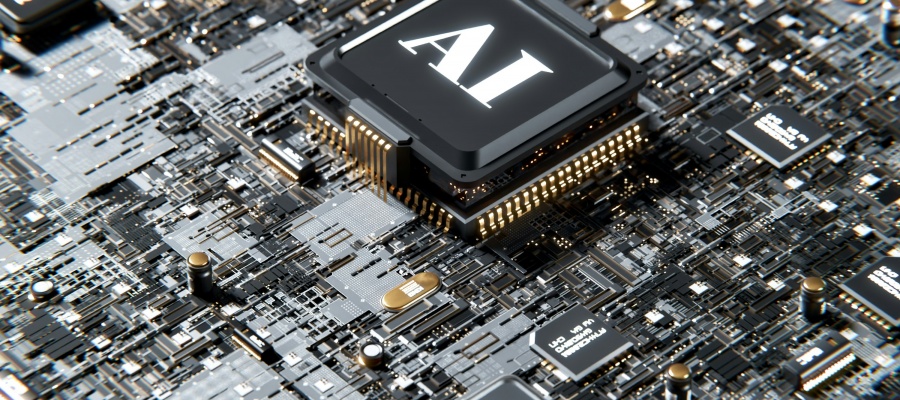At the recent db AI Conference, industry leaders gathered to explore how artificial intelligence is reshaping the wine and spirits industry. The session titled AI-Software Development in Wine & Spirits offered a candid look at how AI is influencing job roles, business operations, and consumer experiences—without necessarily replacing the people behind them.
One of the most persistent questions when it comes to AI is whether it will eliminate jobs. But panelists at the event agreed that rather than removing humans from the equation, AI is poised to enhance their work by taking over repetitive tasks and allowing for better decision-making.
AI means smarter, not fewer, jobs
Rob Hollands, CEO of AI software firm Proofworks, acknowledged the inevitability of change. “It’s unrealistic to say AI is not going to change some industries, and therefore some jobs,” he said. But rather than framing this shift as a loss, he views it as an opportunity. His company develops AI solutions for distilleries, and he believes AI can significantly improve operations by analysing vast data sets that would be impossible for a human to process.
In distilleries, for example, AI can help recreate the environmental conditions that led to the production of a particularly exceptional spirit. Instead of replacing the distiller, it enhances their ability to maintain quality at scale. “AI is freeing up distillers to be able to do what they’re good at rather than replacing them,” Hollands explained.
Tackling choice and complexity for consumers
Pam Dillon, co-founder and CEO of Preferabli, which builds recommendation software for wine, spirits and food, also pushed back on the idea that AI replaces jobs. “What I see in wine and spirits is optimisation,” she said. Her platform is designed to help consumers make better buying decisions, addressing the “paradox of choice” by simplifying complex wine lists and product offerings.
As an example, she recounted visiting Alain Ducasse at The Dorchester. Faced with an expansive wine list, she joked that one must choose between reading it and enjoying time with friends. AI, she argued, helps narrow options without sacrificing quality, making it easier for customers to select something they'll enjoy.
Some things still need a human touch
Professor Barry C Smith of the University of London added a philosophical dimension to the conversation, reminding the audience of AI’s limitations. “The thing I want all of you in the room to remember is these systems aren’t tasting a thing,” he said. Smith emphasized the irreplaceable role of human sensory experience in wine and spirits. “A sniff is worth a thousand words,” he noted.
That said, Smith also sees AI as a valuable tool—particularly when it is used in tandem with human expertise. By “combining expertise with mass data collection,” he explained, producers and retailers can better understand and predict preferences without losing the craftsmanship that defines fine wine and spirits.
Leveling the playing field for small producers
One of the most promising aspects of AI, according to Hollands, is its ability to democratise access to advanced tools. “Technology gets woven into our daily lives,” he said, adding that AI “is allowing smaller companies to compete through newer technologies.” Where previously only big brands had the infrastructure to harness big data or implement automation, now smaller producers can tap into the same power to compete more effectively.
This shift gives boutique distilleries and small wineries a chance to scale their offerings, maintain quality, and reach new audiences—all without sacrificing the artisanal essence of their work.
Looking ahead
While AI won’t be picking grapes or nosing glasses of whisky anytime soon, it’s already becoming an essential part of the industry’s evolution. From optimising production to helping consumers find their perfect pour, AI is making wine and spirits more accessible, efficient and, arguably, more personal.
As long as businesses balance technology with tradition, the future of AI in wine and spirits looks to be not about displacement—but about enhancement.


